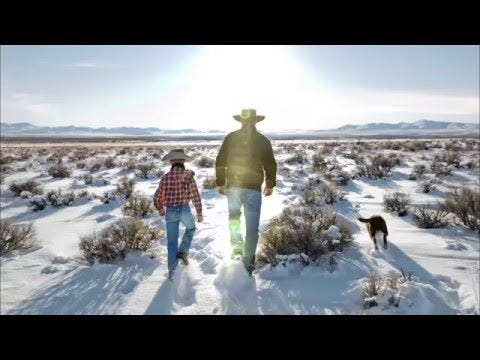Hey, hi, hello. If you’ve been coming here for awhile and enjoy the surprise of getting this newsletter once, sometimes twice, a month, have you considered upgrading your free subscription to a paid one? Here’s the difficult truth: journalism is in crisis, and the ecosystem for freelance journalists like myself is more bleak than ever. Paid subscription…
© 2025 Leah Sottile
Substack is the home for great culture



